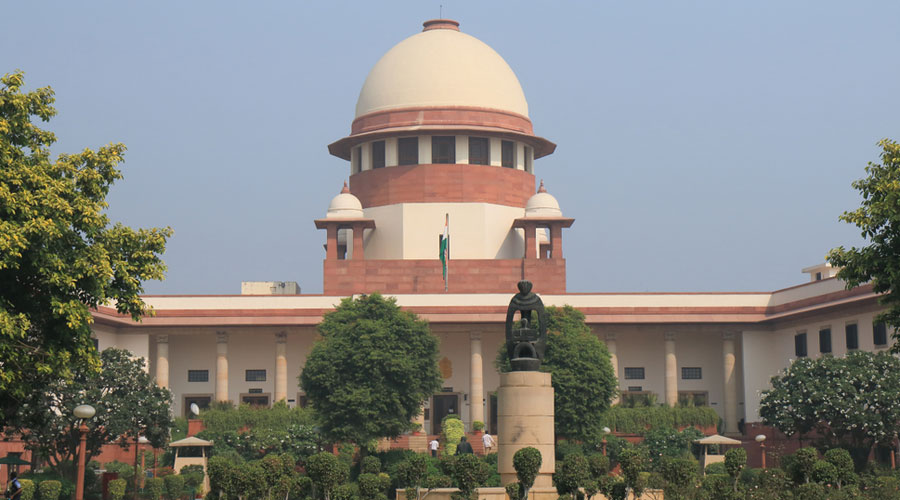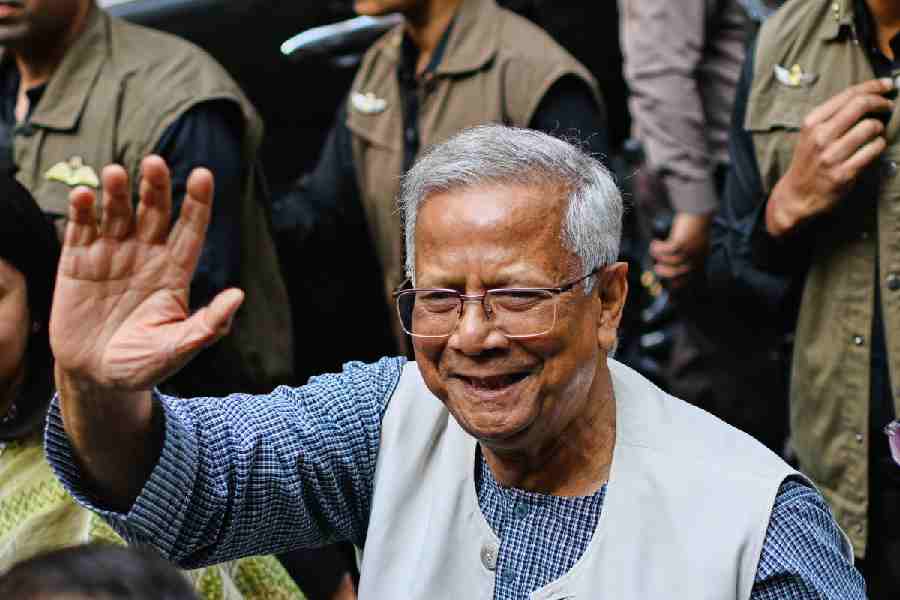The Supreme Court on Friday refused to entertain a joint PIL filed by parents from across the country, seeking a waiver of school fees during the Covid-19 crisis and a ban on online coaching for children.
A bench of Chief Justice S.A. Bobde and Justices R. Subhash Reddy and A.S. Bopanna, however, allowed the petitioners to approach the respective high courts to air their grievances, saying each state has its own unique academic model that cannot be addressed by the top court through an omnibus order.
“Why has it come to the Supreme Court? Problems of each state are different. It’s a fact-intensive situation. You have filed a plea for the whole country. It’s a problem for us as we don’t know who would take the decision for the whole country.
“Problems in each state are different. Parties are involving jurisdiction of this court as an omnibus case. But these are fact-intensive situations in each state and even each district,” CJI Bobde, heading the bench, said as soon as the petition came up for hearing.
However, the counsel complained that at a time people are struggling to make ends meet, Punjab and Haryana High Court has upheld the fee hike in schools.
The CJI said if that was the case, the parents should file a special leave petition in the Supreme Court instead of a PIL.
“It would be a stroke of genius if you can solve everybody’s problems. These days people are invoking the jurisdiction of this court in all matters, whether it be education, prisoners or migrants, like an omnibus jurisdiction. When we don’t pass orders, they are sad and feel deprived,” Justice Bobde said.
The Supreme Court has faced criticism for failing to provide relief to lakhs of migrant workers stranded during the lockdown and for the many activists languishing in jail for participating in protests against the government.
The bench later allowed the petitioners to withdraw the school fee petition and approach the respective high courts.
The petition filed by Sushil Sharma and others had pleaded that online education was discriminatory against children from the economically weaker sections who do not have access to computers and Internet on a par with other children.
Online education in general should be banned in the country, it said.
Children are vulnerable to various health hazards on account of online education and the Centre must be directed to evolve a national policy for rolling it out in future. It cited exposure to bright screen, radiation from mobile, eye strain and back and spinal problems.
“Many of the said schools hiked their fees and/or started harassing the students’ parents to pay the entire quarterly fees in advance despite the non-functioning of the schools and students not availing any of the services provided by the schools,” the petition said.
“This requires due intervention of this Hon’ble Court to consider and pass appropriate directions to protect the right to education in the event of inability in payment of fees due to financial hardships of a parent….”










